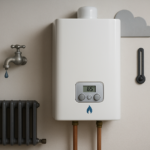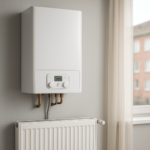🔌 Introduction
Electric combi boilers are a modern type of boiler that use electricity to heat both your home and your hot water. The word “combi” means it combines two things – heating and hot water – in one single unit. These boilers don’t need a separate water tank or cylinder, which makes them perfect for homes with limited space.
In the UK, electric combi boilers are becoming more popular for several good reasons. First, they are more eco-friendly compared to gas or oil boilers because they don’t burn fossil fuels. If your electricity comes from a green source (like wind or solar), your heating can be completely carbon-free. Second, they are great for homes that don’t have access to a gas supply, especially in flats or rural areas.
These boilers are also known for being compact, quiet, and easy to install. There are no flues or vents needed, which means they can go almost anywhere in the home – even in a kitchen cupboard.
This guide is designed for UK homeowners or renters who are looking for:
- An energy-efficient heating system
- A space-saving solution for small or medium-sized homes and apartments
- A gas-free alternative for more eco-conscious living
If you live in places like London or other busy cities where space is limited and energy bills are rising, an electric combi boiler could be a smart choice.
For more details, you can check:
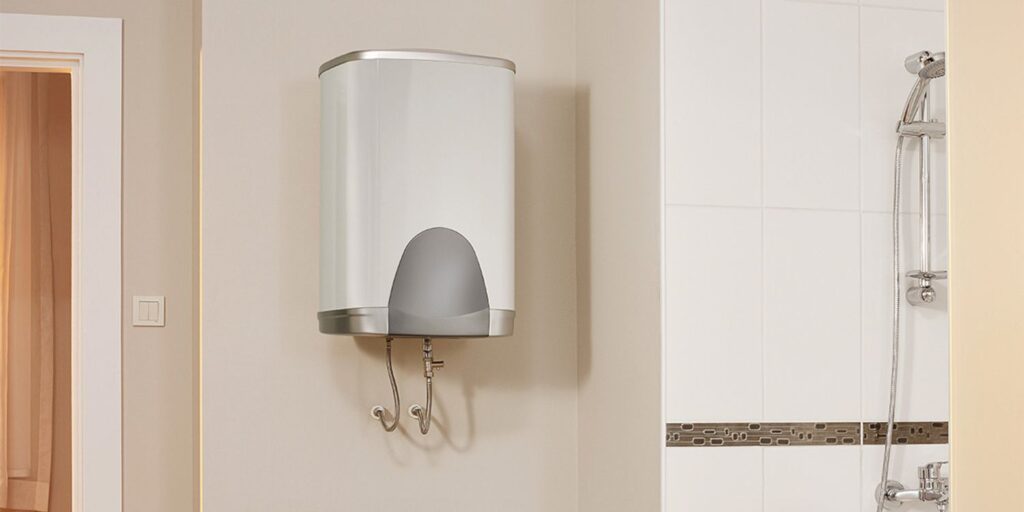
Why Choose an Electric Combi Boiler For Uk and London Homes?
Electric combi boilers are becoming a smart choice for many UK homes – and for good reason. They offer several benefits that make them better than traditional gas or oil boilers in many situations.
✅ 1. Energy Efficiency & Lower Carbon Emissions
Electric combi boilers are highly efficient. Most models convert nearly 100% of electricity into heat, meaning very little energy is wasted. And since they don’t burn gas or oil, they produce zero carbon emissions at home. If your electricity comes from a green supplier, your home can be almost completely eco-friendly.
✅ 2. Space-Saving Design For London Homes
These boilers are compact and lightweight. You don’t need a separate hot water cylinder or a cold water tank. Everything is built into one small unit that can fit inside a cupboard – ideal for flats or homes with limited space.
✅ 3. Easy to Install & Maintain
Since electric boilers don’t need a flue (chimney) or gas pipe, installation is simpler and often cheaper. They also have fewer moving parts, which means there’s less that can go wrong and maintenance is usually hassle-free.
✅ 4. Ideal for Off-Grid or All-Electric Homes
If your home doesn’t have a gas connection – for example, in rural areas or high-rise apartments – an electric boiler is the perfect solution. It works just with electricity, which most homes already have.
👉 Want to know if electric heating suits your home? Visit: Energy Saving Trust – Electric Heating Guide

3. Key Factors to Consider Before Buying an Electric Combi Boiler
Before you choose an electric combi boiler for your home, it’s important to understand a few key things. This will help you pick the right one for your needs and avoid spending more than necessary.
✅ 1. Boiler Size & Heating Capacity (kW)
Boiler size is measured in kilowatts (kW). A small flat may need a 9–12 kW boiler, while a larger home may need 14–15 kW. If the boiler is too small, it won’t heat your home well. If it’s too big, you’ll waste energy.
✅ 2. Hot Water Output
Some boilers heat water faster than others. Make sure the boiler can handle your daily use – especially if you have more than one bathroom or people taking showers at the same time.
✅ 3. Efficiency Rating (ERP Score)
Look for boilers with high ERP (Energy-related Products) ratings. A rating of A or above means the boiler uses energy efficiently and can help lower your bills.
✅ 4. Warranty and After-Sales Support
Check how many years of warranty are included. A longer warranty (e.g. 5–10 years) gives peace of mind. Also, see if customer service is easy to contact for repairs or questions.
✅ 5. Cost & Running Costs
Electric boilers can cost between £1,500–£2,500. But also consider monthly running costs based on your electricity tariff.
✅ 6. Smart Features (Optional)
Some models come with smart controls like Wi-Fi or app control, letting you manage your heating from your phone. Handy, but not always necessary.
👉 Compare energy costs: Ofgem Price Cap Info
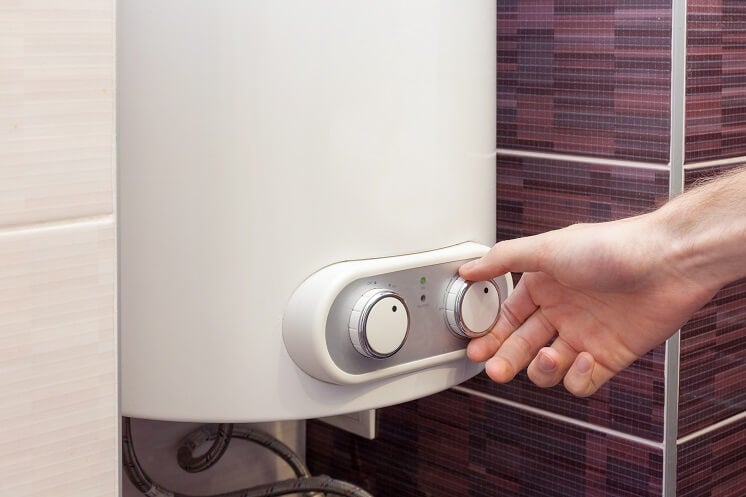
Top 5 Electric Combi Boilers for UK Homes (2025 Edition)
If you’re thinking of switching to an electric combi boiler, here are five of the most popular and trusted options in the UK. Each one suits different home sizes and needs. Let’s look at what makes them special.
🔧 1. Electric Heating Company Comet Combi Boiler
Best for: Reliability and long lifespan
This boiler is known for being strong and long-lasting. It comes with a built-in hot water tank and digital controls, making it easy to use. It’s made in the UK and designed for cold weather, so it works well even in winter.
✔️ Pros:
- Works quietly
- Durable steel design
- Smart control option
❌ Cons: - Slightly large in size
Ideal for: Medium-sized homes with 2–3 bedrooms
👉 Learn more: EHC Boilers Official Website
🔧 2. Elnur Mattira MAC15
Best for: Smart heating and Wi-Fi control
This boiler is a great choice if you like smart tech. It supports Wi-Fi control, so you can adjust heating from your phone. It also includes a safety system to prevent overheating.
✔️ Pros:
- Smart thermostat ready
- ERP rated A for efficiency
- Good for solar compatibility
❌ Cons: - Installation may cost a bit more
Ideal for: Tech-savvy users or homes with solar panels
👉 Learn more: Elnur UK
🔧 3. Heatrae Sadia Electromax
Best for: Larger homes or high water use
It includes an electric boiler and a built-in hot water cylinder. This means it can supply more hot water at once – great for homes with two bathrooms.
✔️ Pros:
- Powerful hot water supply
- Trusted UK brand
❌ Cons: - Takes up more space
Ideal for: Homes with more people or high hot water usage
👉 More info: Heatrae Sadia Electromax
🔧 4. Thermaflow Electric Combi Boiler
Best for: Energy-saving and eco-living
Thermaflow is designed to work well with cheaper electricity tariffs like Economy 7. It stores heat when energy is cheaper and uses it later. This helps cut down on bills.
✔️ Pros:
- Very energy-efficient
- Works with solar or heat pumps
❌ Cons: - Higher upfront cost
Ideal for: Eco-friendly homes or those on off-peak tariffs
👉 Visit: Thermaflow Heating
🔧 5. Strom Electric Combi Boiler
Best for: Small homes and flats
This is a compact and stylish boiler that fits easily in small spaces. It’s easy to install and doesn’t need a flue, making it perfect for apartments.
✔️ Pros:
- Modern digital display
- Easy to fit
❌ Cons: - Not for large hot water needs
Ideal for: Small homes or London flats
👉 More info: Strom UK
These five options offer a good mix of energy efficiency, space-saving design, and modern features. Always check the energy label, compare prices, and speak to a qualified installer before buying.
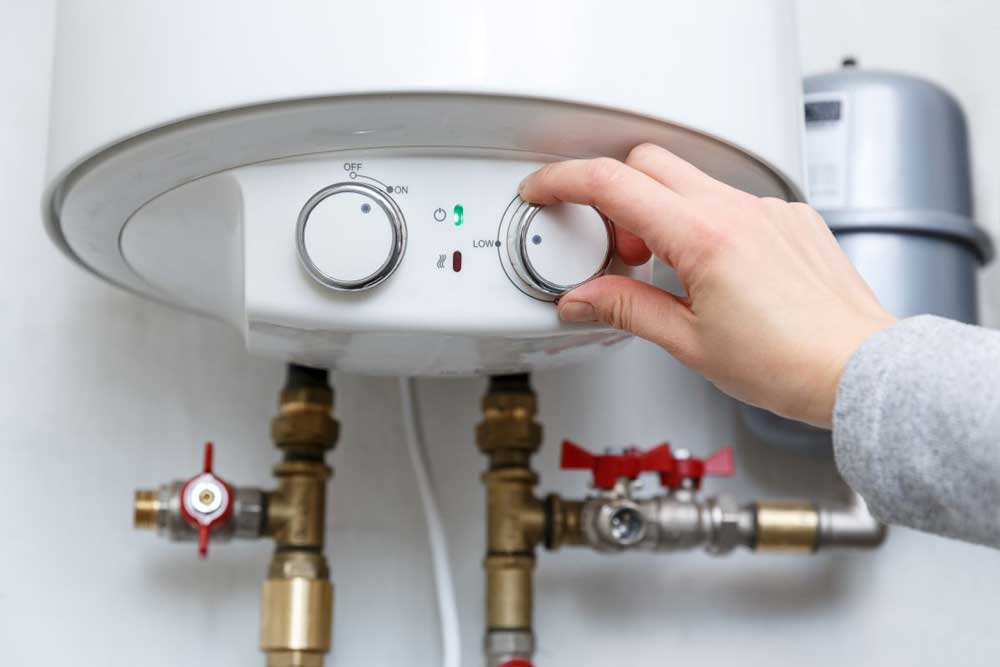
5. Comparison Table
| Boiler Model | Output (kW) | Efficiency | Best For | Price (Approx) |
| EHC Comet | 14.4 kW | 99% | Overall Use | £1,800+ |
| Elnur Mattira MAC15 | 15 kW | 99% | Smart Homes | £2,000+ |
| Electromax | 9 kW | 99% | Larger Homes | £2,200+ |
| Thermaflow | 10–15 kW | 98% | Eco Efficiency | £2,500+ |
| Strom | 11 kW | 99% | Small Apartments | £1,600+ |
🛠️ Installation & Maintenance Tips
Installing an electric combi boiler is usually simpler than installing a gas boiler, but it still needs to be done safely and correctly.
✅ 1. Hire a Certified Professional
Always use a qualified electrician or heating engineer to install your boiler. They should be registered with NICEIC or RECC. This ensures the work meets safety standards and your warranty stays valid.
👉 Find certified professionals: NICEIC Contractor Search
✅ 2. Check Total Installation Costs
Besides the price of the boiler, consider other costs like:
- Smart thermostat (for remote control)
- Water cylinder (if you want extra hot water storage)
- Wiring upgrades (for older homes)
Ask for a quote that includes all these extras, so there are no surprises.
✅ 3. Regular Maintenance is Still Important
Even though electric boilers have fewer parts than gas boilers and don’t need yearly gas checks, they still benefit from a yearly service. This helps:
- Catch small problems early
- Keep the boiler running efficiently
- Extend the boiler’s lifespan
Many companies offer boiler service plans that include annual checks. It’s a small cost that can save you money in the long run.
👉 Tip: Keep a copy of your service records — it’s useful for warranty and when selling your home.
Electric combi boilers are low maintenance, but not zero maintenance. A little care goes a long way in keeping your system safe, warm, and energy efficient.
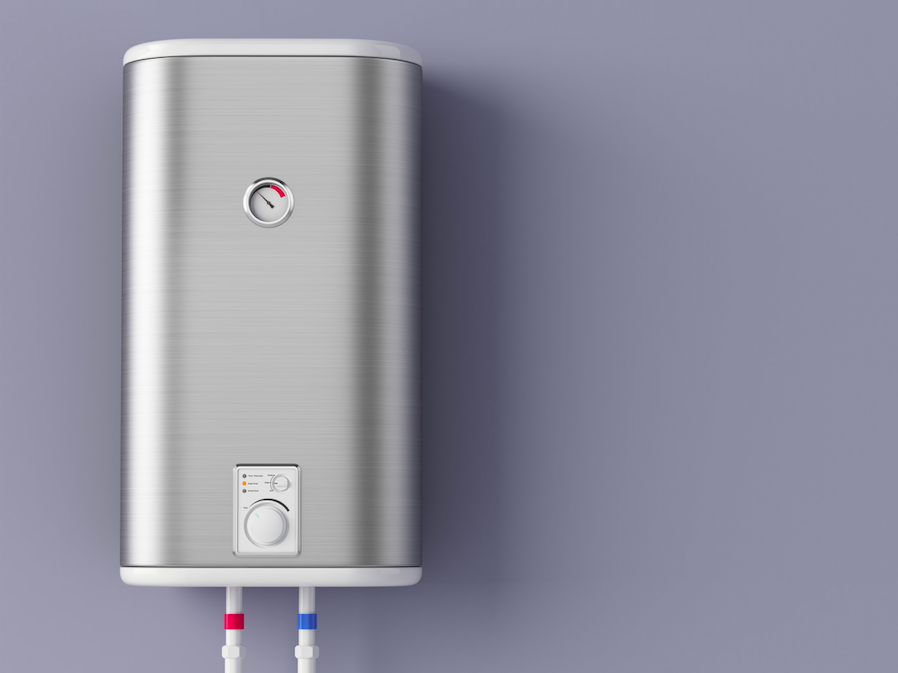
❓ Frequently Asked Questions (FAQs)
✅ Conclusion
Electric combi boilers are a smart choice for many UK homes, especially if you want a clean, quiet, and compact heating solution. They are easy to install, don’t need gas, and take up very little space — making them perfect for small to medium-sized homes and flats.
Here’s a quick recap of the main benefits:
- Energy efficient – almost 100% of electricity is turned into heat
- Eco-friendly – no gas, no emissions in your home
- Low maintenance – fewer parts, less chance of breakdown
- Space-saving – no need for a water tank or flue
Before buying, make sure to choose the right boiler size for your home. A small flat may only need a 9 kW boiler, while a larger home might need 14–15 kW. If you’re unsure, ask a qualified installer to recommend the correct size based on your heating and hot water needs.
Also, don’t forget to check for government support schemes. If you’re upgrading your old boiler or switching to a greener option, you might qualify for help through the ECO4 scheme or local grants.
👉 Check eligibility here: Gov.uk – ECO4 Boiler Grants
Switching to an electric combi boiler is a step toward a cleaner and smarter home. With the right boiler and good advice, you can enjoy reliable heating and hot water — while also lowering your carbon footprint.
Also Read – What Size Combi Boiler Do You Need? A Simple Guide for UK & London Homeowners (2025)
